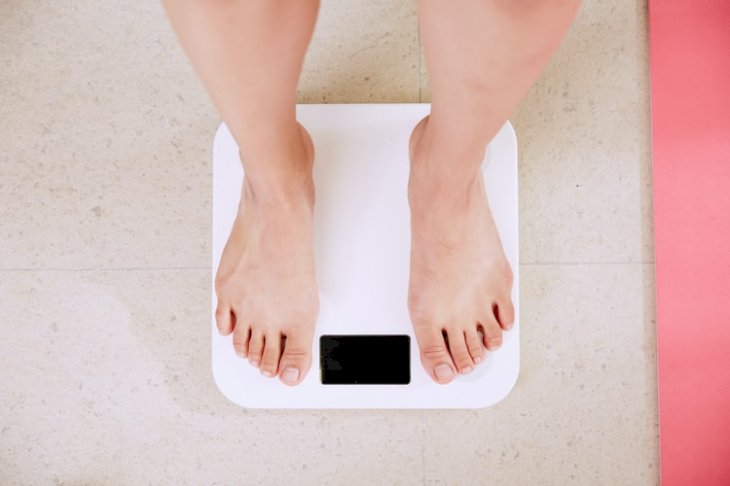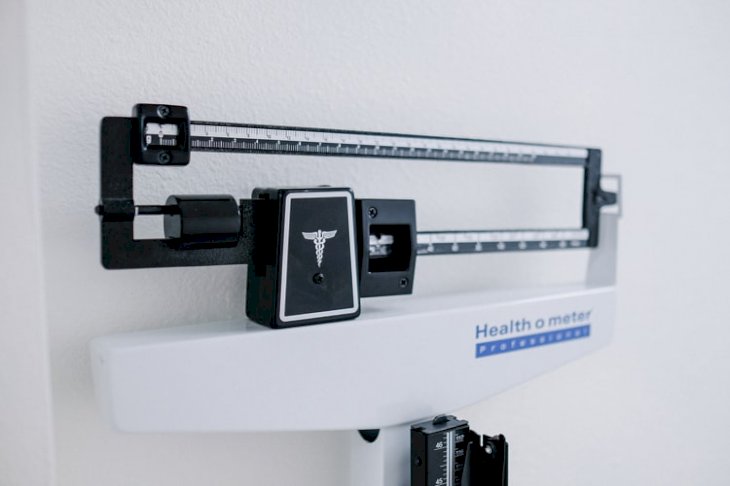
Unpacking The Link Between Stress And Weight Gain
Maybe you have noticed that you put on weight when you are stressed. Stress does promote the accumulation of fat, especially in the abdomen. And this phenomenon is more accentuated in slim women than in curvy women.
Stress is a normal reaction to certain situations that we fear. However, living through these distressing circumstances can become chronic. This is where things get tricky for the body.
When you are under stress, the body produces a relatively high cortisol level. Still, it helps keep the body working in low doses, especially since it drops considerably as soon as your calm returns.
How Stress Makes You Fat

Photo by Pavel Danilyuk on Pexels
Stress tells the body that it needs more glucose. But if you don't exercise, you don't burn calories from excess glucose, and therefore they turn into fat. Most are stored on the stomach because the cells in the abdomen are the most receptive to cortisol.
Anti-storage tip: eat while sitting, and take your time to eat. If you choose plates that are satiating and full of beneficial nutrients, you are less likely to snack later or make poor food choices later in the day.

Photo by i yunmai on Unsplash
The body begins to conserve energy due to high levels of cortisol. Thus, the adrenal glands cause the thyroid gland to slow down. As the thyroid is responsible for regulating the metabolism in the body, as it slows down, it becomes more difficult to lose weight.
To boost metabolism: some foods naturally encourage metabolism, such as chili peppers, which you can use to boost metabolism. Add to vegetable dishes to burn more calories and control cravings.
The Cravings

Photo by Pavel Danilyuk on Pexels
The cravings for sugary foods are due to consistently high levels of cortisol. The body begins to depend on sugary foods to maintain high energy levels.
To avoid eating sweet and fatty foods: choose meals full of vegetables and protein-rich in good nutrients to reduce cravings.
The Harmful Effects Of Stress On Weight Gain

Photo by NeONBRAND on Unsplash
Stress completely imbalances our average weight to the point that some people exceed their Body Mass Index or BMI. Moreover, weight gain is not simply evident in the belly. It is also seen on other parts like the face. And since one problem leads to another, weight gain is the source of multiple pathologies (cardiovascular disease, diabetes, etc.).
In addition, stress and weight gain can turn into a vicious cycle. So the more stressed you are, the more weight you gain, and the more pounds accumulate, the more anxious you are about it. This does not help matters, and it is more than urgent to fix it.
Exercise And Stress

Photo by RF._.studio on Pexels
Those who do not exercise are more likely to be stressed and dissatisfied with their life. Exercise tends to lower cortisol levels in the body, and studies show that its effects on mood are similar to antidepressants.
People who incorporate physical activity into their free time are less stressed and happier. Playing sport means leading a less stressed life. The main thing is to move as much as possible.

Photo by Daniel Reche on Pexels
Take a walk when possible. Use the stairs rather than the elevator; get out of the office regularly. Those who lead a sedentary lifestyle should try to get up at least once an hour to stimulate the metabolism and stretch the muscles.
The more active you are, the happier you are, and the less likely you are to gain weight due to stress.